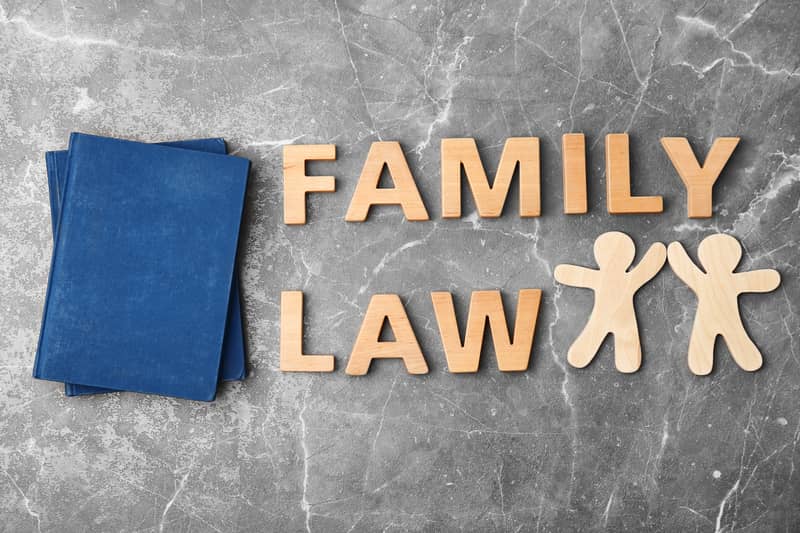
A Review of the Child Custody Determination Process
The Uniform Child Custody Jurisdiction and Enforcement Act (UCCJEA) is a uniform law drafted by the Uniform Law Commission in 1997. The UCCJEA encompasses a set of guidelines for courts to follow in their determination of child custody. To date, the law has been adopted by 49 states and Washington, DC. The UCCJEA breaks down legal and physical custody, sole and joint custody, grandparent...
Learn More

The Legalities of Same-Sex Marriage in North Carolina
The applicability of federal law in a country where each state is its own sovereign can cause some complexity for issues such as same-sex marriage. Marriage is under the ambit of state law, however, where the federal law interprets state law as a violation of constitutional rights, states must yield to the federal interpretation of the law. Same-sex couples seeking to marry have to gain a...
Learn More

Spousal Privilege: When Marriage Protects
Spousal privilege is the legal and policy doctrine that accords confidentiality between spouses with an aim to encourage martial harmony and to protect families. There are two types of spousal privilege: (1) testimonial privilege and (2) communications privilege. Each privilege applies in finite circumstances and requires an inquiry into the status of the marriage.
Testimonial Privilege...
Learn More

Abuse Victim Seeks to Amend North Carolina’s One-Year Divorce Requirement
At first blush, the North Carolina law requiring a one-year separation period before a court can grant divorce has some saving qualities. One might view the law as creating the space and time for couples to reconsider divorce, which is especially important when children are involved. However, for certain individuals, the one-year waiting period is quite a burden.
One-Year Waiting Period May be...
Learn More

Why Did I Get Married? Annulment Basics in North Carolina
Annulment is the legal procedure that declares a marriage void from its inception. The marriage is deemed as illegal when it was pronounced, therefore, the effect of an annulment is retroactive invalidity. Annulment is granted on varying grounds depending on the state at issue including insanity, bigamy and incest.
Voidable vs. Void Marriages
Under North Carolina law, a marriage is that void...
Learn More

What You Need to Know About Domestic Violence Protective Orders
In North Carolina, a domestic violence protective order (DPVO) is a civil relief that is filed in district court. It permits the court to order an alleged abuser to do or refrain from doing certain acts as it relates to the plaintiff. Obtaining a DPVO requires the plaintiff to show that domestic abuse is being committed. In addition, the plaintiff must show a present or past personal...
Learn More

Property Distribution in Divorce Proceedings
In the United States, divorcing parties, depending on their state of residence, are subject to equitable distribution or community property rules as it relates to the division of their property. Most states adhere to equitable distribution standards while a minority of states observes community property rules.
Community Property States
Community property encompasses assets that were acquired...
Learn More